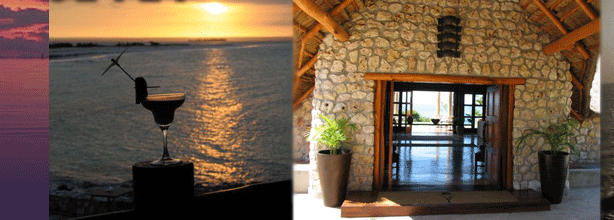| |
General Information
Capital(s): Maputo
Population: 18,000,000 (1995)
Area: 801,590 Km²
Currency (meticais): Mt 2800 = USD $1
Language(s): Portuguese and English
Time Zone: GMT+2h00
ISO Code: MZ
Dialing Code: +258
Continent: Africa
Overview
Mozambique is an independent republic which lies on the south-east coast of Africa and forms part of the Southern African region. The capital city is Maputo. Other major towns are Beira and Nampula and the ports of Quelimane and Nacala.
The official language is Portuguese, however English is widely spoken. Mozambique has a instituting free-market. The local currency is the Metical (plural meticais).
The international time zone for Mozambique is GMT +2. The international dialling code is +258. Maputo, Beira and Nampula have international airports that serve South African Airways and Air Portugal, the principal airlines flying to Mozambique. Linhas Aereas de Mocambique (LAM) and Empresa Nacional de Transporte e Trabalho Aereo (TTA) are to be privatised. There are three main railway systems running east to west in Mozambique. Development of the Maputo Corridor between Mozambique and South Africa will decrease travelling distance and facilitate exports and foreign investment projects. All visitors to Mozambique require visas.
Due to the state of health, the immunisation status, location and the local disease situation; bubonic plague, cholera, dengue fever, hepatitis A, malaria, meningitis, schistosomiasis, tuberculosis, and typhoid fever can occur in Mozambique. Only bottled water with unbroken seals should be consumed and tap water should be avoided. Medical services may be very expensive and advance payment may be required. Insurance needs to be arranged prior to arrival in Mozambique and individual risk assessment is recommended.
Economy
Mozambique is one of Africa’s success stories and is making remarkable economic progress, although the country is still dependant on foreign assistance. The economy was reformed by the elimination of subsidies and quantitative restrictions on imports, the reduction and simplification of import tariffs and the liberalisation of crop marketing. A major privatisation program involving the entire banking sector and state manufacturing companies is another active step in economic reform.
Mozambique has the natural resources to sustain the development of the agriculture, forestry, fishing, energy and tourism industries. Placed in an ideal trading location, increased exports in these areas will increase the amount of foreign exchange brought into the country. The country’s proximity to South Africa has resulted in a range of major projects that support continued high levels of growth. The country's major exports are agricultural products, coal and energy.
Mozambique has an agriculturally based economy. Industrial development has been slow as a result of the civil war that destroyed the transport system and other infrastructure. Mozambique has considerable mineral resources despite limited exploitation. The country’s oil and gas industry also has potential. Electricity is provided by the parastatal utility, Electricidade de Mozambique (EDM). The country exports electricity to South Africa from the Caborra Bassa hydro-electric facility.
Indicators such as inflation, which continues to decline, show that the country’s economy is likely to continue on its successful growth path. The government has adopted new tax codes and increased fuel taxes in order to rectify the effects of past inflation. The country’s GDP totaled US$3.9 billion in 2002, 23.3% of which was constituted by agriculture, 31% industry and services counted for 45.7%. In 2001 foreign direct investment amounted to US$479.9 million.
International Trade
Mozambique is a member of COMESA, whose main export commodities include citrus fruits, coal, seafood, sugar tea and coffee and timber. The main import commodities include mining equipment, pharmaceuticals, raw materials, spare parts, chemical products, consumer goods and crude oil.
Beira and Maputo Free Trade Zones were officially approved but are not yet operating.
|
|




![]()
